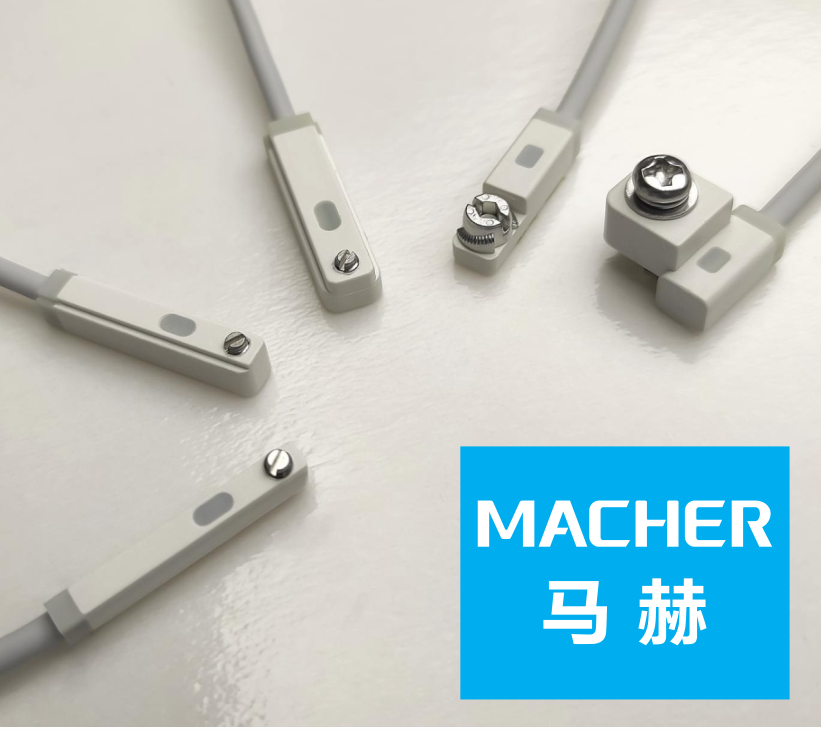
1. Industrial Applications
- Current Sensors: Used for monitoring and controlling currents in industrial equipment, including household appliances, smart grids, electric vehicles, wind power generation, etc. These sensors, such as shunt resistors, Hall effect integrated circuits, and current-sensing transformers, ensure safe and efficient operation of equipment.
- Motor Control: In brushless motors, magnetic sensors serve as rotor position sensors and stator armature current commutators, enhancing motor efficiency and stability. They also provide overload protection and torque detection for motors.
- Automation Control: In industrial automation systems, magnetic sensors are used for measuring position, speed, and acceleration, such as magnetic encoders for detecting motor speed, providing precise feedback.
2. Automotive Industry
- Parameter Detection: Magnetic sensors are used in vehicles for detecting parameters like speed, inclination, angle, distance, proximity, and position, such as speed measurement, pedal position, gearbox position, and motor rotation.
- Navigation and Positioning: They play a crucial role in vehicle navigation and positioning systems, enhancing driving convenience and safety.
- Energy Saving and Emission Reduction: Magnetic sensors contribute to energy-saving and emission reduction by controlling motors as needed, reducing carbon emissions and other pollutants, promoting green development in the automotive industry.
3. Consumer Electronics
- Smartphones and Laptops: Magnetic sensors are used in smartphones and laptops for electronic compasses, gyroscopes, and other functions, providing accurate navigation and positioning services.
- Smart Home: In smart home applications, magnetic sensors are used for controlling and monitoring various smart devices, such as smart door locks and smart lighting.
4. Healthcare
- Patient Care and Monitoring: Magnetic sensors assist in patient care and monitoring in various ways, such as in ventilators, infusion pumps, and kidney dialysis machines, controlling motors.
- Biomolecular Recognition: Magnetic sensors-based bio-magnetic sensors can be used for non-contact detection of diseased areas, room-temperature magnetocardiography, and biomolecular recognition analysis.
5. Aerospace
- Navigation and Positioning: Highly sensitive and low-magnetic field magnetic sensors are crucial in aviation, aerospace, and satellite communication technologies for detecting objects on the Earth's surface and mineral deposits beneath.
6. Energy and Environmental Protection
- Environmental Monitoring: Magnetic sensors can be used in environmental monitoring to detect pollutants in air and water, providing data support for environmental protection efforts.
In summary, magnetic sensors have diverse application scenarios spanning industries, automobiles, consumer electronics, healthcare, aerospace, and energy and environmental protection. Their importance is undeniable, and with technological advancements and expanding application fields, the market demand for magnetic sensors will continue to grow.
